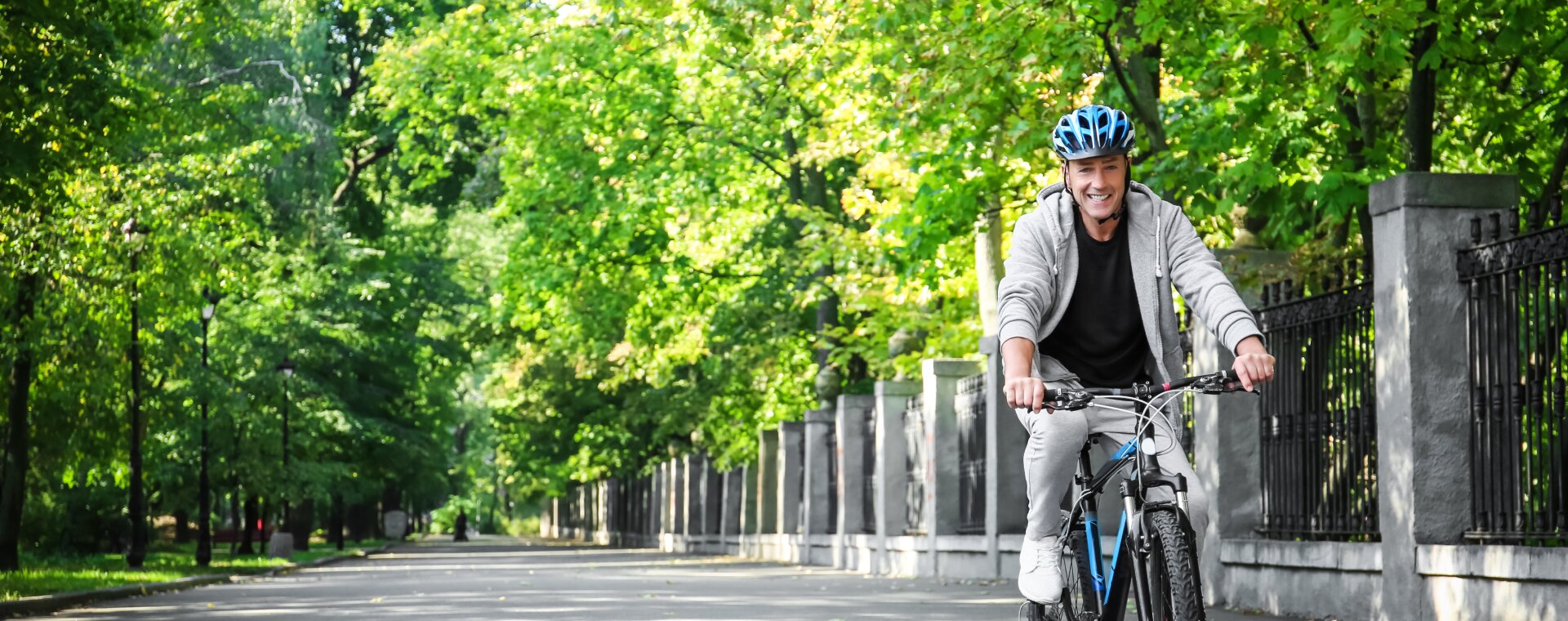Interview
Access
How can we ensure inclusivity in green transition policies?
-
Colin Scicluna
Head of Cabinet for the Vice-President of the European Commission for Democracy and Demography

Since the beginning of this ecological transition, we have been committed to a just transition. We are making funds available to disadvantaged communities so that they can follow the necessary changes. These more remote communities will be impacted in very different ways. In urban areas, with good public transport services, people can easily live car-free, whereas in rural areas it's much more difficult.
That's why we need to adopt an approach that takes into account the different needs of communities, without making unreasonable demands. We have already incorporated this approach into several strategies to meet real needs.
Technology can also help, although electric vehicles are still out of reach for many. But prices are coming down and new alternatives are emerging, such as the growing market for used electric cars. All this points to a favorable direction. We're still at an early stage of the transition, so it's natural that there are concerns. We need to make sure that our investments take real needs into account.
-
 Interview
Access
Interview
Access
What strategies can we implement to promote equity in transportation?
Jakop Dalunde, Member of the European Parliament
-
 Interview
Access
Interview
Access
What measures have the EU taken to ensure equitable access to the transportation?
Elisabeth Kotthaus, head of Unit at the European Commission's DG Transport
-
 Interview
Borders
Interview
Borders
At the European level, what are the challenges facing mobility?
Elisabeth Kotthaus, head of Unit at the European Commission's DG Transport
-
 Interview
Social Cohesion
Interview
Social Cohesion
How can we tackle mobility poverty?
Sébastien Bailleul, Director of Institutional and European Relations at Wimoov
-
 Interview
Decarbonization
Interview
Decarbonization
How can we catalyze the shift to sustainable urban mobility?
Tim Asperges, Expert Advisor on Mobility for the city of Leuven


